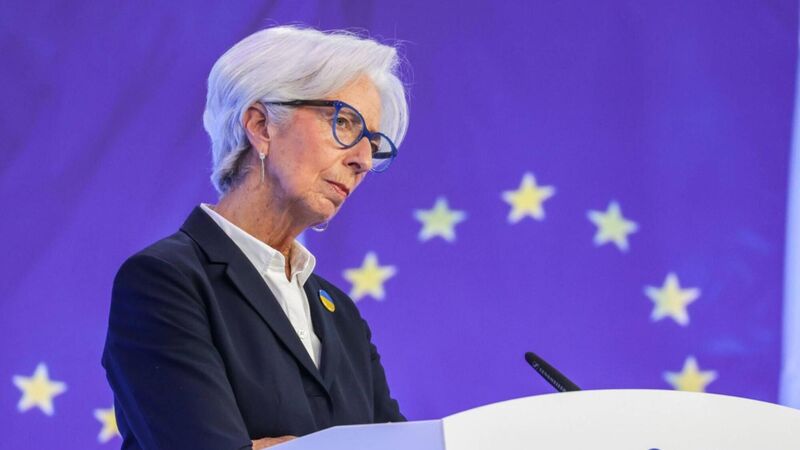Year of fighting inflation set to end with 24 hours of interest-rate hikes

ECB president Christine Lagarde say the focus remains on tackling inflation, even if doing so hurts demand and hiring.
The world’s biggest central banks will this week wrap up the most aggressive year for interest-rate hikes in four decades with their fight against inflation still not over even as their economies slow.
The US Federal Reserve is set to raise its key rate by 50 basis points on Wednesday to a range of 4% to 4.5%, the highest since 2007, and to signal more increases in early 2023.














